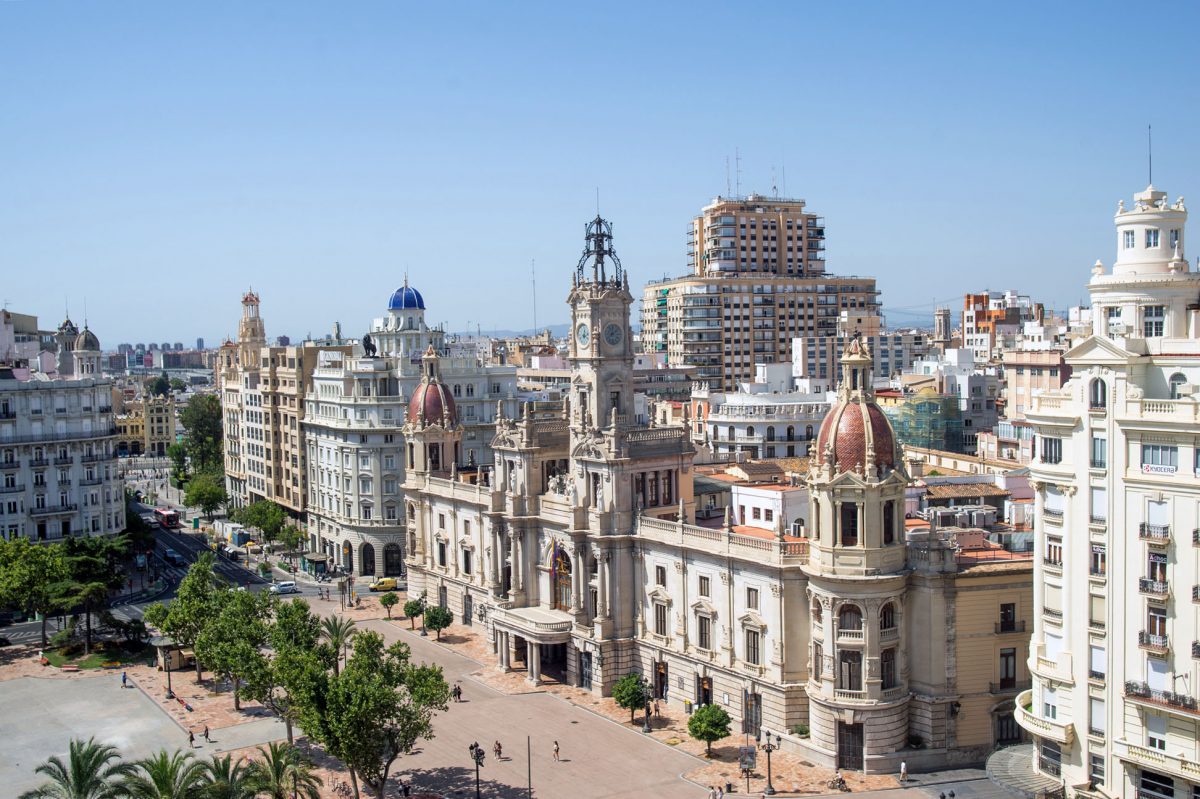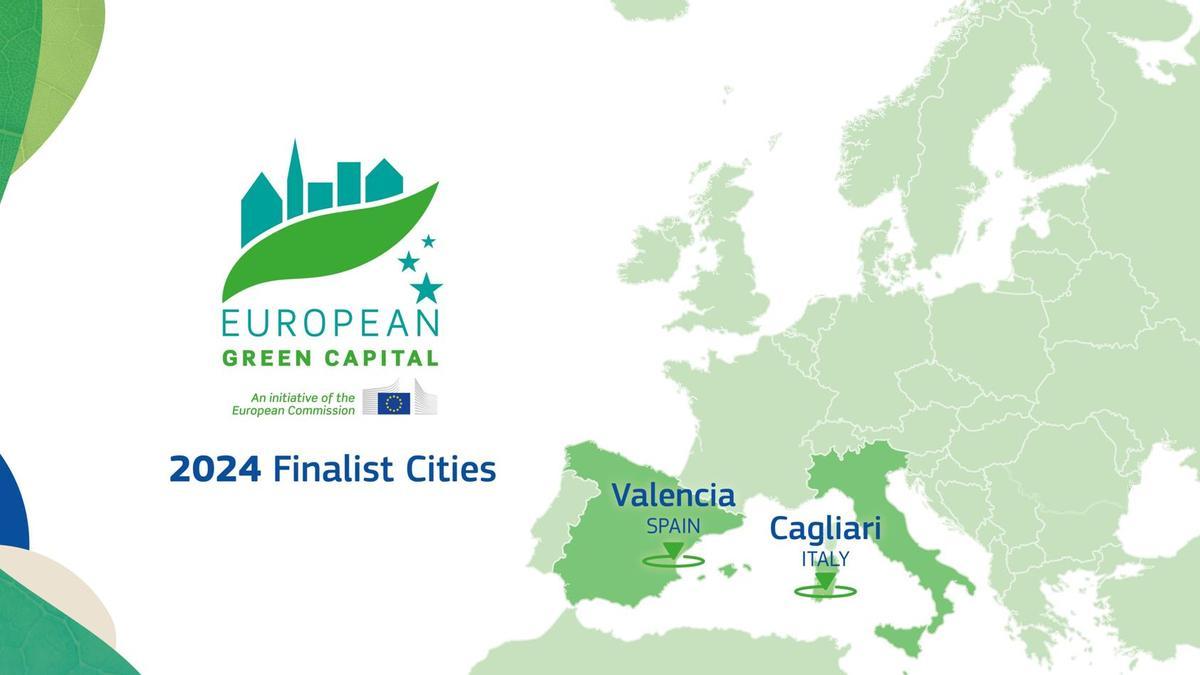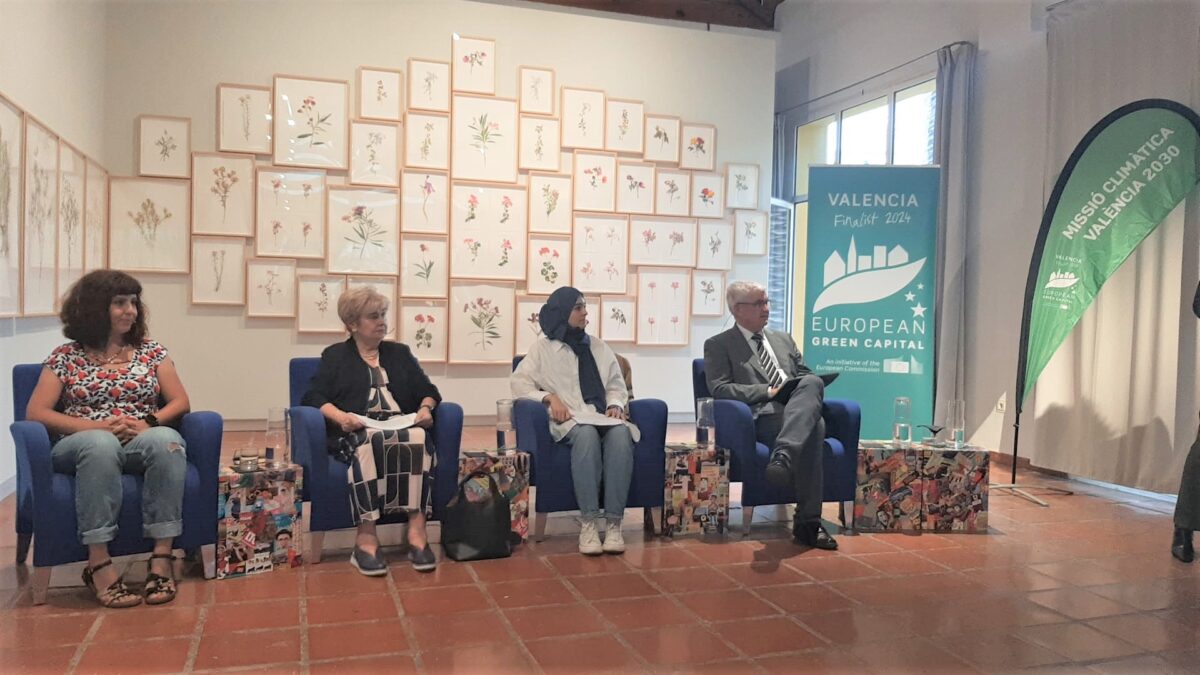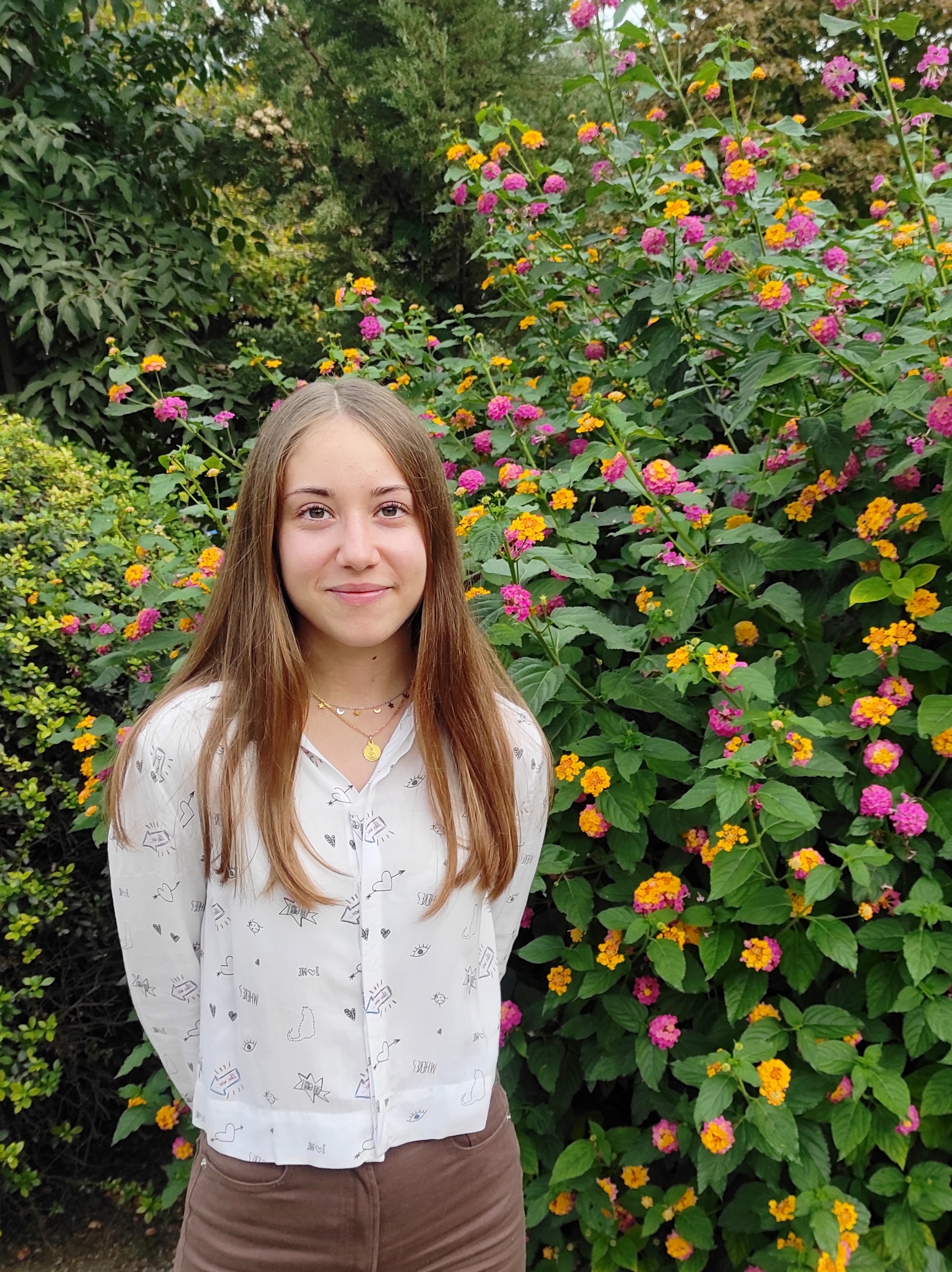Valencia and Cagliari, an example for the Mediterranean

Last 19th October, a conference was held to present the changes Valencia has made on its way to becoming more sustainable, with representatives of various associations taking part and putting forward numerous points of view. We analyse the most striking aspects of the meeting and talk to Jaime Güemes and Gianluigi Bacchetta, directors of the botanical gardens of the two finalist cities, to find out their feelings just days away from discovering the Green Capital 2022.
The wait is coming to an end. There are only a few days left to find out who will be the European Green Capital 2024, but the two finalists are already winners. The award will go to a Mediterranean country for the first time, and this paradigm shift makes Valencia and Cagliari the winners without needing to know the jury’s decision. However, on 27th October, the European Commission will unveil the mystery in the French town of Grenoble, the current Green Capital, and nerves are running high in both cities.
It is no coincidence that the two finalists have their own botanical gardens, as both the Jardí Botànic of the University of Valencia and the Botanical Garden of Cagliari have been part of the natural heritage that has taken them to the final, once again demonstrating the crucial work they do, and emphasising the importance of promoting knowledge, research, conservation and dissemination of plant life.

Jaime Güemes, director of the Jardí Botànic of the University of Valencia, and Gianluigi Bacchetta, director of the Botanic Garden of Cagliari, agreed on the social and environmental need of their institutions. “The workers of both gardens have been working together for a long time, so I don’t feel in rivalry with Cagliari, but in harmony,” confessed Güemes.
Bacchetta highlights the investments made in Cagliari over the last few years in transforming a large part of the streets of the historic centre into pedestrianised ones, extending cycle paths, optimising the efficiency of the bus service and improving water quality. The director believes that all this has made Cagliari a city with a higher quality of life than most Italian cities and has improved it significantly.
“What all Mediterranean countries have to do is to try to reach a standard level of environmental sustainability that is normal in mid-European countries. There are cities that are at that level, but there are many others that are not. In the capital itself, in Rome, there are many deficiencies in green infrastructures”, said the director of the Botanical Garden of Cagliari.
Güemes acknowledged the great transformation carried out in Valencia over the last eight years to make the city “more sustainable, more breathable and more habitable”, despite the protests that have arisen over some reforms, such as the pedestrianisation of the city centre.
“The concept of green seems to be exclusive to the north, to those cities with Atlantic climates, with much cooler climates. Therefore, to recognise that the Mediterranean can have this idea of green, of a slightly different green, a green without deciduous trees, a green that suffers a lot in summer but at the same time resists the high temperatures, a much more sustainable green… It is a great joy,” admitted the director of the Jardí Botànic of the University of Valencia.
The two directors are confident that the future of Mediterranean cities lies in sustainability. They believe in the value of improving the quality of life of all citizens, and both Valencia and Cagliari are ideal examples of this.
Green capital, a citizen’s view
Last Wednesday 19th October, Levante-EMV, FCC Medio Ambiente and the University of Valencia organised a meeting to analyse the possibilities available to the capital of the Turia and to highlight the strengths of its candidacy. With the aim of providing as multifaceted a vision as possible, the colloquium was attended by representatives of various associations who not only recognised the achievements made, but also those aspects that still need to be improved.

Last Wednesday 19th October, Levante-EMV, FCC Medio Ambiente and the University of Valencia organised a meeting to analyse the possibilities available to the capital of the Turia and to highlight the strengths of its candidacy. With the aim of providing as multifaceted a vision as possible, the colloquium was attended by representatives of various associations who not only recognised the achievements made, but also those aspects that still need to be improved.
Sergi Campillo, deputy mayor of Valencia, took the opportunity to acknowledge and thank the social involvement: “If we have a Turia Garden and a Dehesa de la Albufera, it is thanks to citizen mobilisation. Our case is an anomaly, because the normal thing would have been to urbanise, and that is why we have focused our candidacy on the efforts of all Valencians to be aware of their natural heritage”.
Campillo also praised the major success that having reached the final means for Valencia and for the Mediterranean. “From our own personality, without imitating anyone else, with our idiosyncrasy, but also projecting ourselves as an example for the rest of European cities, and above all, for the rest of the cities of southern Europe”, said the deputy mayor.
The round table discussion was attended by the vice-rector of Economy and Infrastructures, Justo Herrera; the Ombudsman for the Elderly, Susi Pérez; the sustainability spokesperson of the Valencia Youth Council, Chayma Bouchafra; and the representative of Acción Ecologista Agró, Lucía Moreno.
During the meeting, all of them explained the importance of Valencia’s natural spaces, such as the Albufera Natural Park, the Turia Natural Park, the Huerta (orchard) of Valencia and the Mediterranean Sea, but each from their own vision and perspective.
“I am convinced that we are in a situation of no return. Regardless of whether or not pedagogy is done, there is an even more decisive element: sometimes we learn by discovery. The citizens of Valencia are discovering what quality of life really is and, therefore, we will not let this go backwards. These brave steps are going to leave their mark for a long time to come, and it may be a change that can reverse the drift in which we had let ourselves drift”, declared Herrera.
The conclusions drawn from the meeting were very positive and showed that Valencia has a good chance of becoming European Green Capital 2024. However, regardless of the jury’s decision, being a finalist already shows that the city is on the right track and that it is time to continue taking steps to make Valencia a better place to live.
Valencia elected European Green Capital 2024
The jury has spoken and Valencia has been selected as European Green Capital 2024, making it the second Spanish capital to win the award. The final decision was announced on 27th October at the Palais des Sports in Grenoble, where the capital of the Turia beat Cagliari, the other finalist. The mayor of Valencia, Joan Ribó, and the two deputy mayors, Sandra Gómez and Sergi Campillo, took to the podium to thank the award, unable to conceal their happiness and the honour it means for Valencia to have won the award. With this award, not only Valencia wins, but the paradigm changes at last, and the Mediterranean also stands, for the first time, as a winner.






